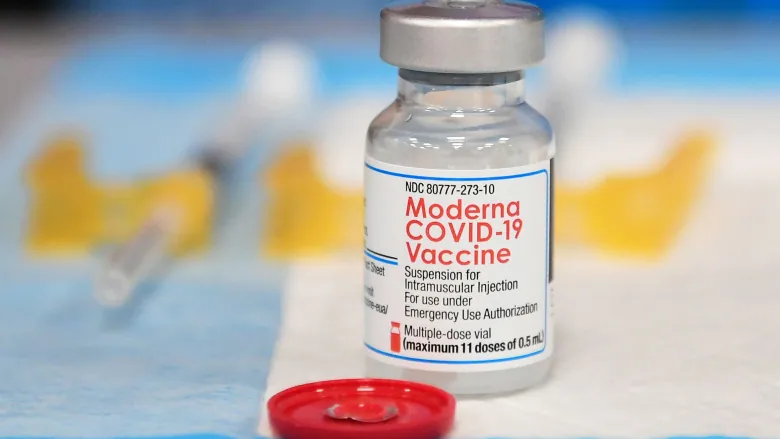
Why The FDA Just Authorized A Fourth Dose Of The COVID-19 Vaccine
The Covid-19 virus is still circulating among a wider population and infecting a large number of people. Like general knowledge, those who have not been vaccinated are at greater risk of serious symptoms that have the potential to be life -threatening. The CDC says everyone who meets the requirements must be vaccinated, which in the US means getting two main covid-19 mRNA shots or a single dose Johnson & Johnson vaccine, as well as reinforcement when enough time has passed.
According to The New York Times, officials from Pfizer and Modern are now moving towards the release of the second booster shot for their respective MRNA vaccines. Giving this vaccine widely, which has been useful in reducing the impact of Covid-19, then helps keep the hospital clean so that they can continue to treat patients safely who have diseases and other injuries.
On March 29, the FDA ratified the second booster shot from Pfizer and MRNA MRNA vaccine for patients aged 50 years and over, as well as for some people who had disrupted the immune system. As part of the announcement, the agency said there was no additional safety risk with the fourth shot, which was claimed to help protect against severe results in vulnerable individuals. This decision was informed by several studies, including one of the research squares that concluded that people aged 60 years and over were 78% less likely to die from Covid after receiving the fourth vaccine dose.
In explaining the reasons for ratifying other doses of booster, Biological Evaluation Center and FDA Research Director Peter Mars, M.D., Ph.D., said, “Evidence currently shows some protection from time to time against serious results from Covid-19 on the older ones and older and older and older and older and older and older and older individuals who are immunocompromised. Based on data analysis that arises, the second dose of booster either the pfizer-biontech or modern covid-19 vaccine can help increase the level of protection for individuals the higher risk. “
Vaccination remains the key to protect against viruses
Covid-19 has developed over the past two years. The widespread Subvarian Omicron, which replaces the Delta variant which became the headlines in 2021, is the latest cause of concern among health authorities, not a little because it is because it spreads much faster than its predecessor.
Those who do not (or cannot) get vaccinations are at higher risk of serious symptoms or potentially fatal after contracting the COVID-19 virus. This, because how easy it is to spread Omicron, making going outside and interacting with others is far more dangerous for those who are still at high risk of experiencing severe complications. It also creates a potential risk of excess in hospitals that may not be equipped to handle too many patients at once, NPR reports in December 2021.
Last summer, a momentary pause in restrictions related to Pandemic, including covering compulsory in the public indoor room, was disturbed by the emergence of a fast subvarian of Delta at the end of June. Changes quickly force authority to re -introduce safety steps in an effort to prevent the medical treatment system from their capacity, which has become a problem that often occurs throughout Pandemic.The Worldometer reported more than 486,336,077 COVID-19 cases and more than 6,159,980 COVID-19 deaths have occurred since the Global Covid-19 Pandemi began in early 2020.



Average Rating